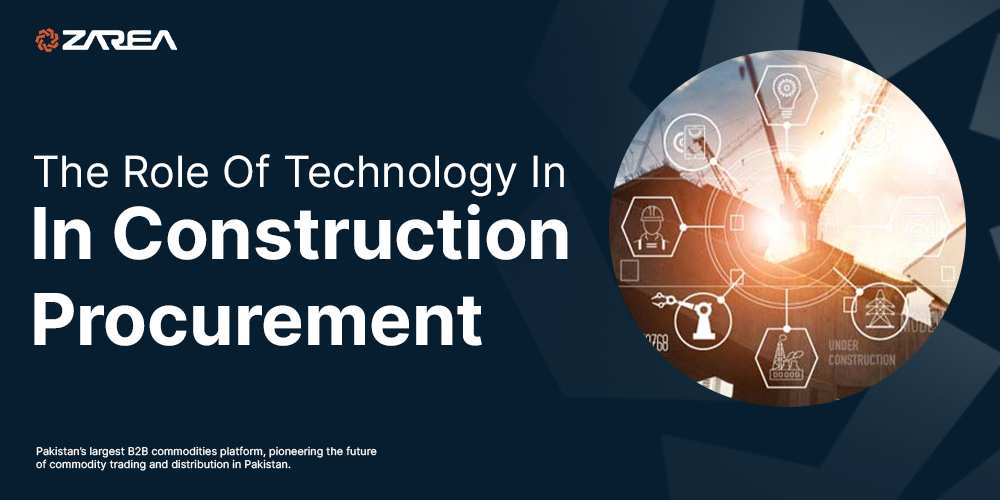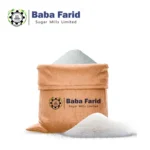Technology in construction plays a significant role in procurement by enhancing efficiency, transparency, collaboration, and decision-making throughout the procurement process.
Here are several ways technology influences construction procurement:
1. Online Procurement Platforms:
- Bidding Websites: Construction companies can use online platforms to post projects, and contractors can bid on them electronically, streamlining the bidding process.
- E-Procurement Systems: These systems automate the procurement process, including requisition, sourcing, contract management, supplier management, and payment.
2. Digital Document Management:
- Cloud-Based Systems: Storing documents in the cloud facilitates easy access and collaboration among multiple stakeholders, ensuring everyone works from the most recent version of documents.
- Electronic Signatures: Contracts and procurement documents can be signed electronically, saving time and reducing paperwork.
3. Building Information Modeling (BIM):
- BIM technology allows for a detailed, digital representation of the physical and functional characteristics of a building. In procurement, BIM enables better visualization, clash detection, and accurate quantity takeoffs, leading to more precise bidding processes.
4. Supply Chain Management:
- RFID and GPS Tracking: These technologies help in tracking the movement of construction materials and equipment in real-time, ensuring timely delivery and reducing theft or loss.
- Predictive Analytics: By analyzing historical data, construction companies can predict demand for materials and optimize inventory levels, reducing costs and delays.
5. Communication and Collaboration Tools:
- Project Management Software: Tools like Asana, Trello, or Microsoft Project help in managing tasks, timelines, and resources efficiently.
- Collaboration Platforms: Software like Slack or Microsoft Teams facilitates real-time communication among team members, contractors, and suppliers.
6. Data Analytics and AI:
- Predictive Analytics: By analyzing historical project data, AI can predict potential risks and help in proactive risk management.
- Cost Estimation Tools: AI-driven tools can analyze project requirements and historical cost data to provide accurate cost estimates.
7. Mobile Technology:
- Mobile Apps: Field personnel can use mobile apps to access project data, submit reports, and communicate issues in real time, improving on-site efficiency.
- Drones and UAVs: These technologies provide aerial surveys and site inspections, enabling better decision-making during the procurement process.
8. Blockchain Technology:
- Smart Contracts: Utilizing blockchain for smart contracts ensures transparency and trust between parties, automatically executing contract terms when conditions are met.
9. Quality Control and Safety:
- IoT Sensors: Sensors can monitor factors like temperature, humidity, and structural integrity, ensuring quality standards are met.
- Wearable Technology: Workers can use wearables for safety monitoring, ensuring compliance with safety protocols and regulations.
10. Environmental Sustainability:
- Environmental Impact Assessment Tools: Technology helps in assessing and minimizing the environmental impact of construction projects, ensuring compliance with regulations.
By integrating these technologies into construction procurement processes, companies can streamline operations, minimize risks, reduce costs, and enhance overall project outcomes.
Conclusion
In conclusion, Zarea is a platform that simplifies the process of buying construction materials and products. The platform connects buyers and sellers, provides a user-friendly interface, and offers a range of payment and delivery options. Zarea represents the future of construction material purchasing by providing a centralized and streamlined platform for buyers and sellers. By using Zarea, individuals and businesses can save time and money while purchasing high-quality construction materials and products.

































